New Zealand Centre for Global Studies
Global Citizenship Education, Law & Governance, Security & Disarmament, Sustainability & Climate Contact UsTe Pokapū Akoranga Aorere O Aotearoa
The New Zealand Centre for Global Studies is a think tank. We conduct research and policy analysis on global affairs and New Zealand’s role within that realm.
What We Do
Programmes

Global Citizenship & Education
Global Citizenship as a concept involves the idea of institutional construction of allegiance that is no longer bound by or centred upon the formal relationship that an individual has to their own territorial society as embedded in the form of a state. Traditional citizenship is being remolded into the concept of Global Citizenship by activism associated with the global community’s transnational economic, political and social evolution. Learn More
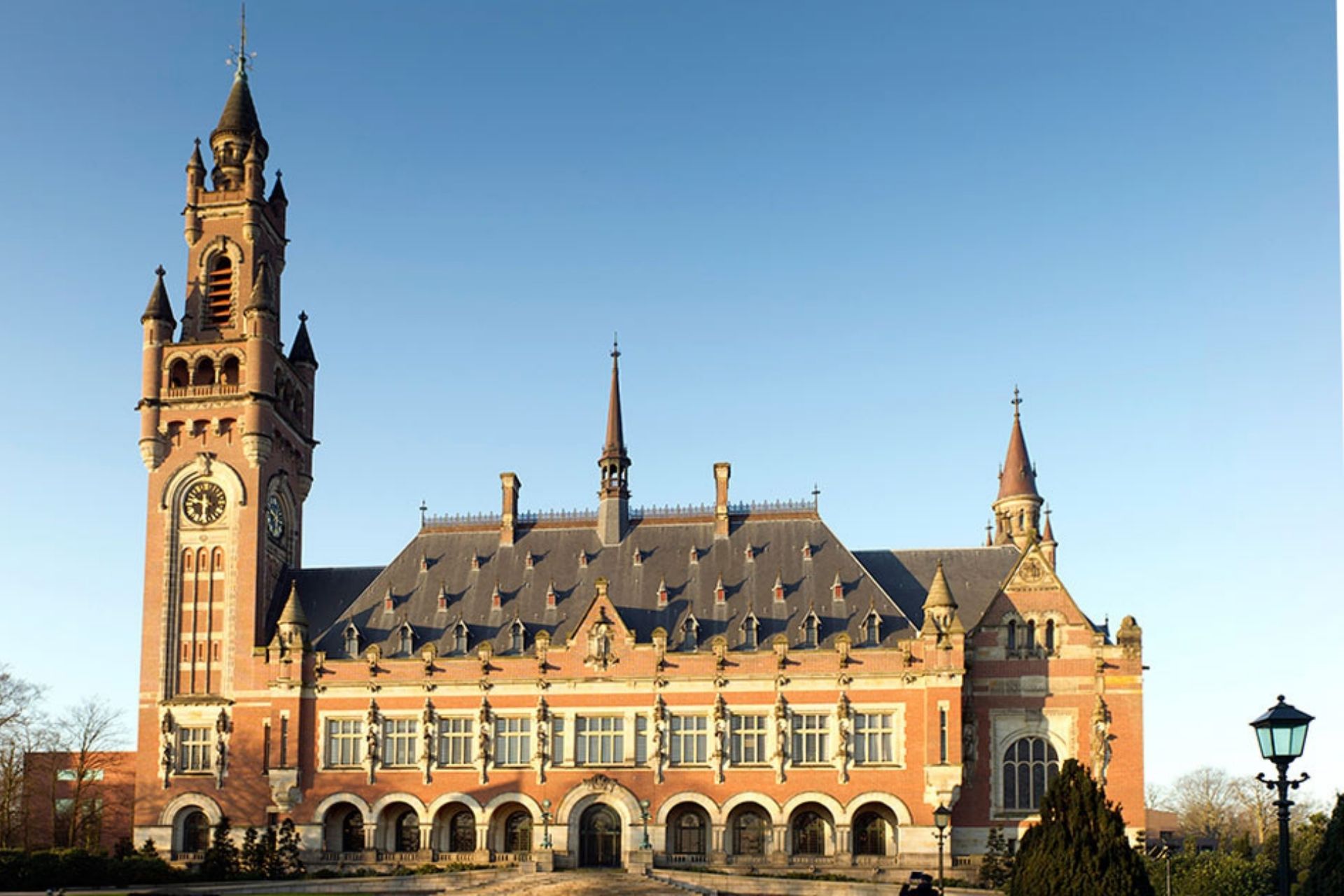
Global Law & Governance
Global Law and Governance does not mean ‘world government’ in a federalist sense, but rather a global framework of coordination among international organizations, national governments, civil society and the private sector, with the United Nations playing a central role. It involves issues of global commons that transcend direct jurisdictional control by the nation state. Learn More
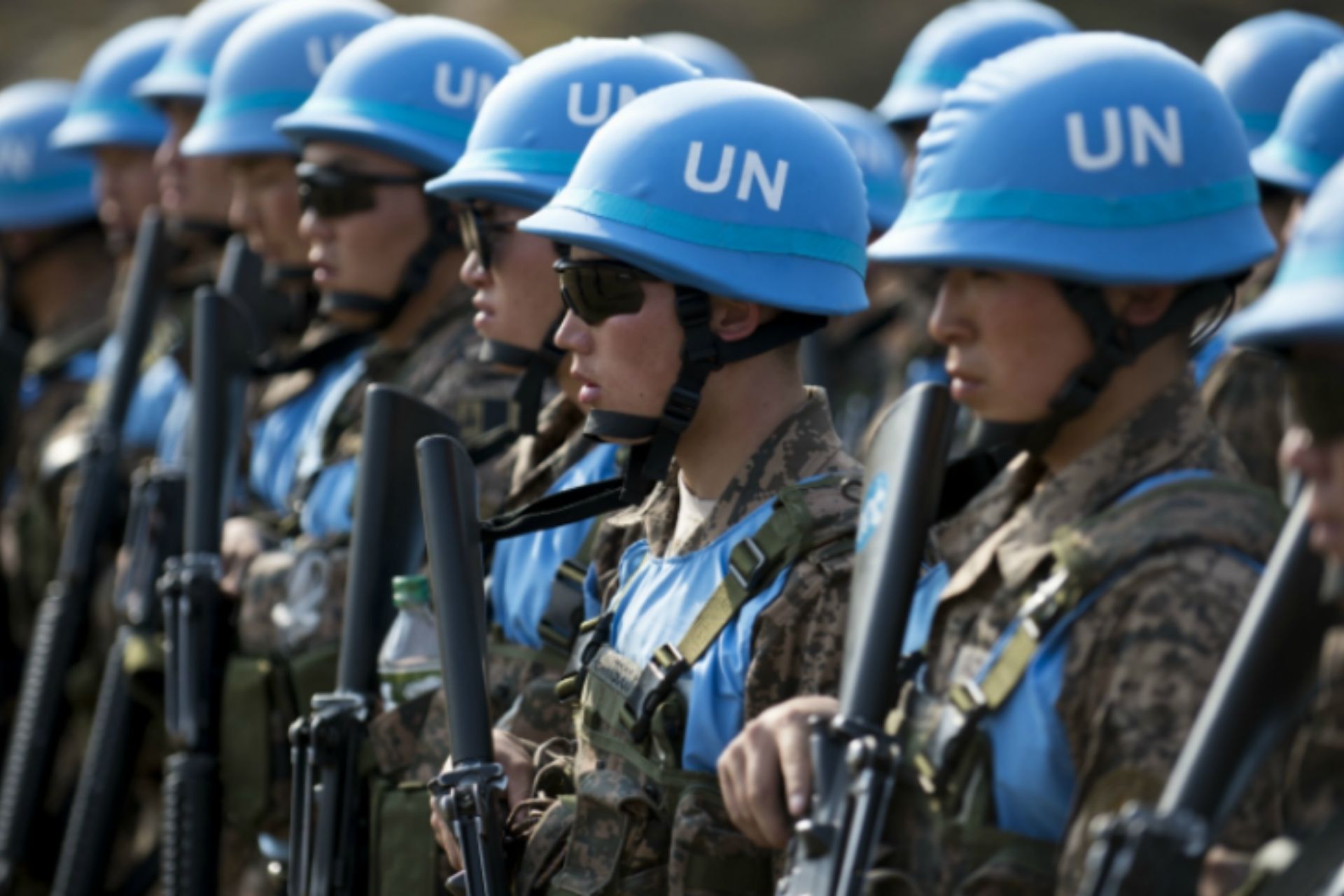
Global Security & Disarmament
Global Security traditionally refers to measures taken by states and international organisations including the United Nations, European Union and others to ensure mutual survival and safety. Measures include military action and diplomatic agreements such as treaties and conventions. NZCGS focuses its work on global security and impending human security in the 21st century global condition. Learn More
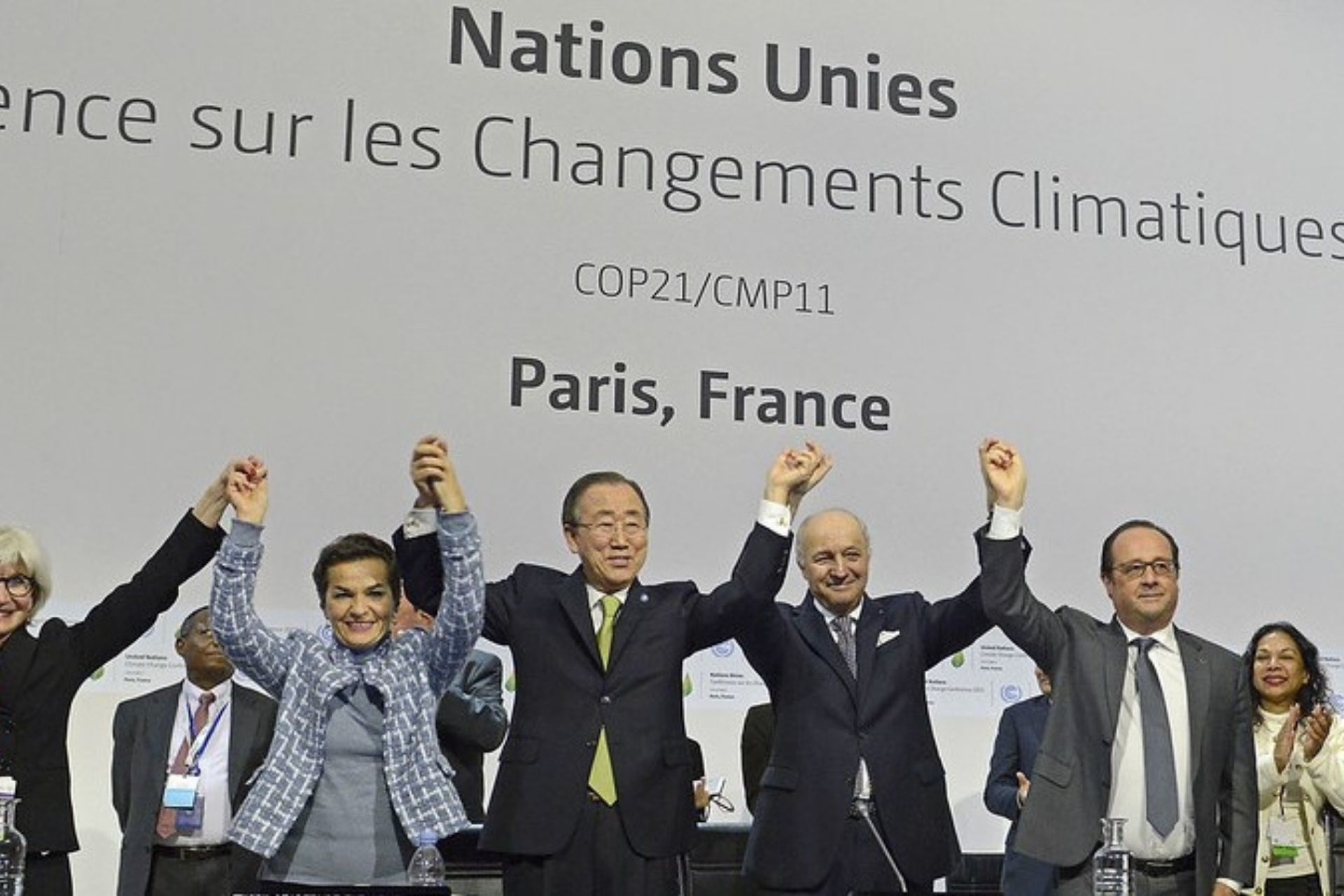
Global Sustainability & Climate
Global Sustainability is the second existential threat facing humanity, equivalent in magnitude and danger to the existence of nuclear weapons. The Centre therefore treats Global Security and Global Sustainability as the two thematic programmes, of equal import and urgency. In many ways, sustainability is a more complicated danger than weapons, because it has to do with how humans conduct their daily lives. Learn More
Progressing Together: The Power of Partners & Friends
News & Updates
The Silence
A stunning panoramic photograph of the Port Hills in Christchurch was taken one week after the terrorist attack on the city’s mosques. The art was entitled ‘The Silence’ and donated to the Salaam Exhibition at Grafton Regional Gallery, Australia. The exhibition was set up to draw attention to the dangers of extremism and raise money for victims of the mosque attacks. Read more.
ANZUS at 70: How does New Zealand View the Treaty Today?
1 September 2021 marked the 70th anniversary of the ANZUS Treaty.
The Centre’s former Director, Dr Kennedy Graham commemorates the occasion with an insightful piece on the issues that differentiate New Zealand and Australia in policy-making, how the ANZUS Treaty has been the lightning rod for their interconnection, and how New Zealand views the Treaty today.
Read the piece here.
Climate Commission Report Working Paper
Dr Kennedy Graham, the Centre’s founding Director, has completed a Working Paper on the Climate Commission’s Report and the 2019 Act. It is based on the implications for Governance and Policy-making, in collaboration with the Victoria University of Wellington’s Institute for Governance and Policy Studies.
8th Annual Global Affairs Lecture
The Centre held its 8th Annual Global Affairs Lecture on 6 December, 6.00 pm to 7.30 pm. The Lecture was given by New Zealand’s Minister of Climate Change, Hon James Shaw, who had just returned from the UN’s COP26 (Glasgow), where he co-chaired a critical working group on transparency.
The title of the Lecture was: “The UN and Climate Negotiations: Implications for our planet and country.” The Minister’s talk can be found here NZCGS – 8th Annual Global Affairs Lecture
Japan and the Regional Order
The Centre is delighted to publish a policy brief on Japan and the Regional Order. The author, Dr Thomas Wilkins is a Senior Lecturer in International Security at the Department of Government and International Relations (GIR) at the University of Sydney. He is also a Senior Fellow (Non-Resident) at the Japan institute for International Affairs (JIIA) think-tank in Tokyo. He specializes in Asia-Pacific/Indo Pacific security issues, middle power and alignment theory.
He has published widely in academic journal such as Review of International Studies, The Pacific Review and Australian Journal of International Affairs. He co-edited the volume Rethinking Middle Powers in the Asian Century: New Theories New Cases (Taylor & Francis 2018), and his latest monograph is entitled Security in Asia Pacific: The Dynamics of Alignment with Lynne Rienner Publishers, 2019.
Read the brief in its entirety here: Japan and the Regional Order.
Blogs From Our Experts
Step up to the World | Tū māia ki te Ao – Global Citizenship and Peace
On 4 October 2024, Professor Kevin P. Clements and Helen Clark led a discussion on strategies for fostering a more just, peaceful, and sustainable world in the face of global challenges. The event addressed the growing threats of climate change, economic inequality,...
Media Release: The New Zealand Centre for Global Studies to continue work of The Centres of Asia-Pacific Excellence
The New Zealand Centre for Global Studies (the Centre) has been announced as the new home to continue the vital work in global citizenship education previously delivered by The Centres of Asia-Pacific Excellence (CAPEs). The Centre will establish a hub of excellence...
[Watch] Public Talk on the Global Politics of Nuclear Policy
On the 24th of May, 2024, the Centre hosted Cassandra Varanka (Peace Fellow, University of Queensland) for a public talk on the global politics of nuclear deterrence and disarmament policy. As well as a range of people in person, we were joined by participants online...
Let’s Collaborate
Get in touch if your organisation would like to collaborate with the Centre.



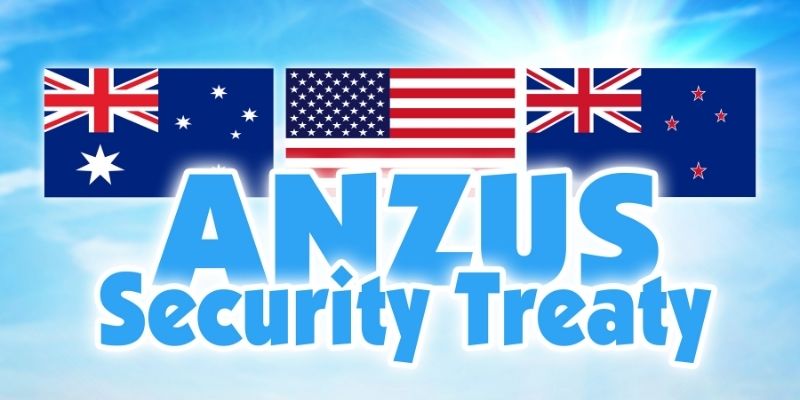

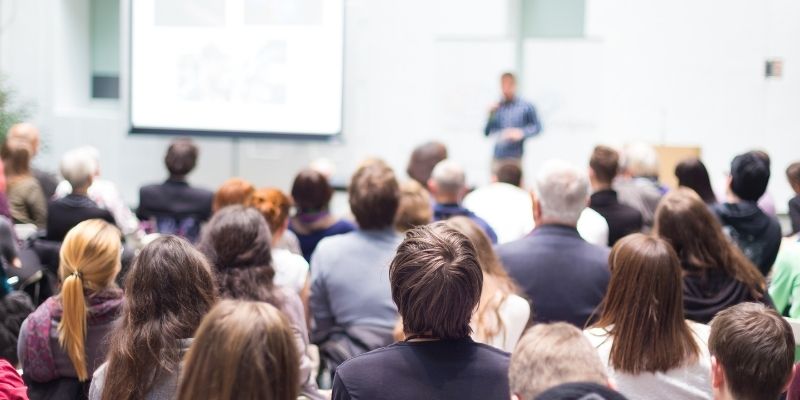

![[Watch] Public Talk on the Global Politics of Nuclear Policy](https://nzcgs.org.nz/wp-content/uploads/2024/06/Cassandra-Talk-2-6-400x250.jpg)